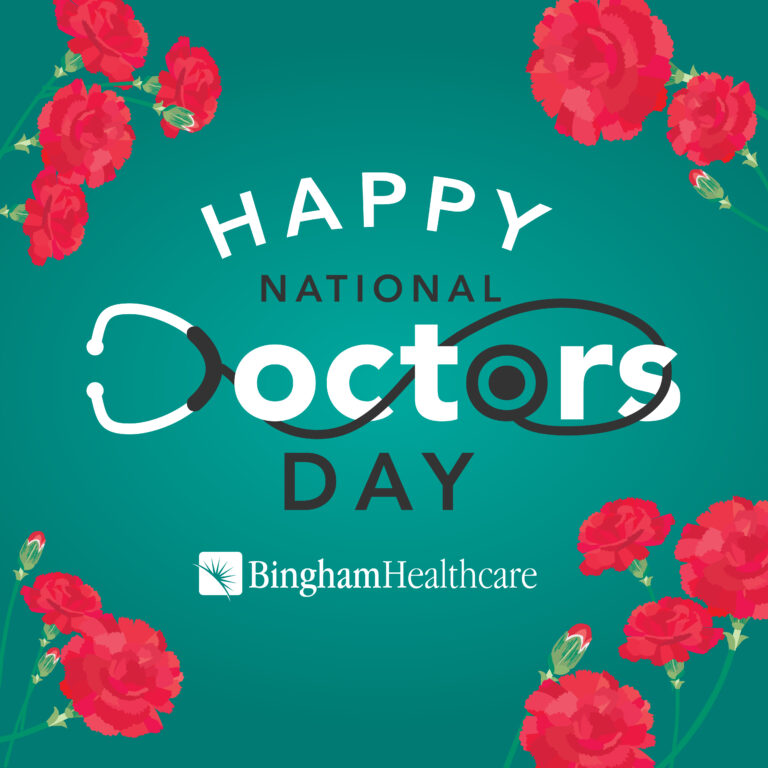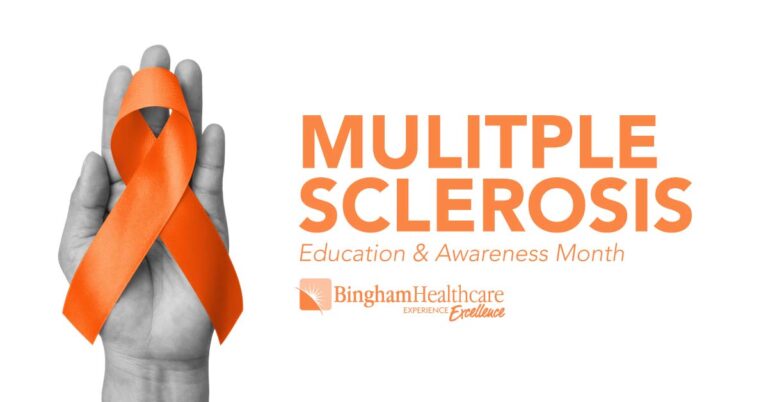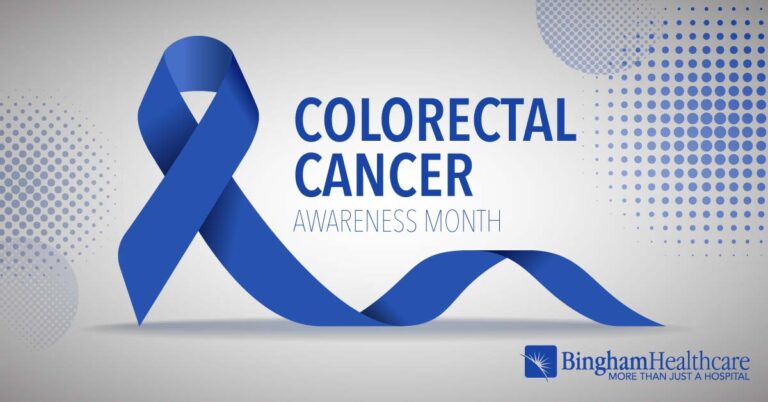
Can’t Catch Your Breath?
“More than 11 million people have been diagnosed with COPD, and an estimated 24 million may have the disease without even knowing it.”
If you feel like you can’t get enough air in your lungs to catch your breath, you might have chronic obstructive pulmonary disease (COPD), which refers to two lung diseases: chronic bronchitis and emphysema. These conditions are marked by a breakdown in the airways in your lungs that help you breathe, or by having excess mucus in your lungs.
According to the American Lung Association, COPD is the third leading cause of death in the United States, and more than 11 million people have been diagnosed with COPD. An estimated 24 million may have the disease, though, without even knowing it.
Many people who have COPD are smokers or former smokers. However, people who have never smoked can also get COPD. Environmental factors, such as pollution, exposure to harsh chemicals or fumes, and genetic factors can also play a role.
Some of signs of COPD include: chronic coughing, wheezing, shortness of breath, and not being able to take a very deep breath. Over time, these symptoms can get worse, making it more difficult to do the things you’re used to doing like going for a walk or climbing a flight of stairs.
Many people think of these symptoms as signs of getting older, but they’re not. Because COPD develops gradually over time, many people ignore symptoms until COPD has advanced, which then makes it more difficult to treat.
If you have any of these symptoms, we invite you to make an appointment with Dr. Lance Wehrle. Through an evaluation of your symptoms and a health history and exam, Dr. Wehrle can determine if you have COPD and help treat a potentially deadly disease.
Although there is no cure for COPD, small changes in your lifestyle can help you feel better and breathe easier. Quitting smoking is the single most effective way to reduce the risk of developing COPD and slow its progression. The condition can also be managed by:
- Eating healthy foods, exercising, and getting adequate rest.
- Following a doctor-recommended treatment plan.
- Avoiding air pollution, cigarette smoke, and breathing very cold or humid air.
- A pulmonary rehabilitation program—supervised exercise training and education.
Don’t wait until COPD affects your lifestyle. Make an appointment with Dr. Wehrle in Blackfoot by calling 785-3838.



